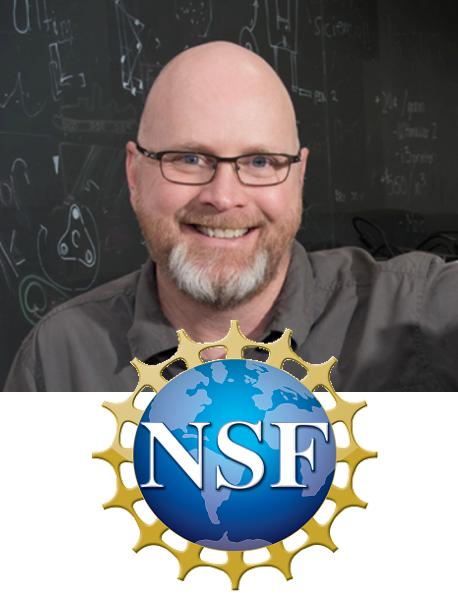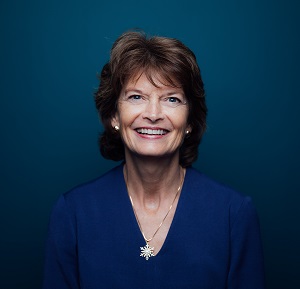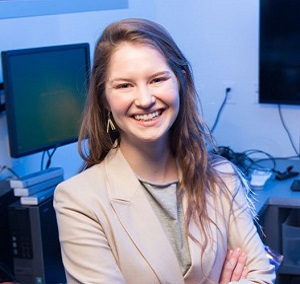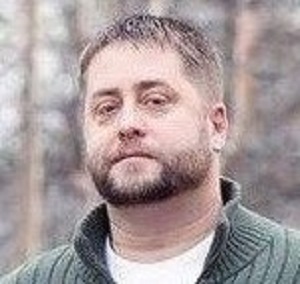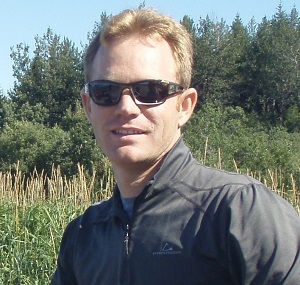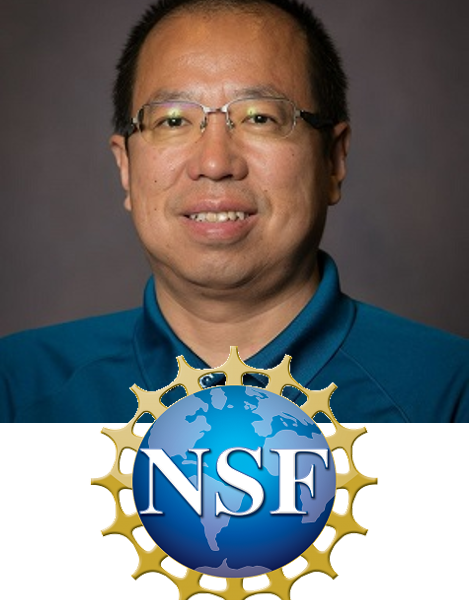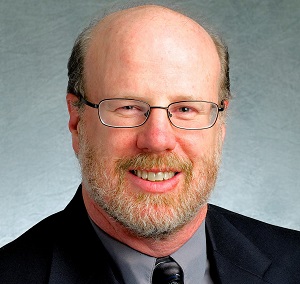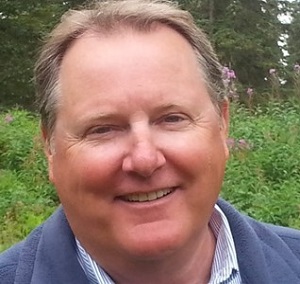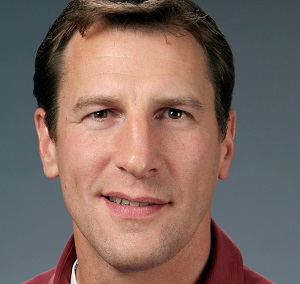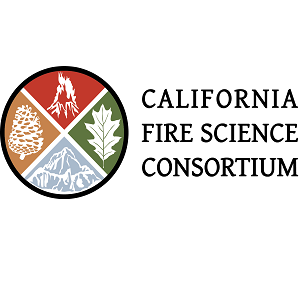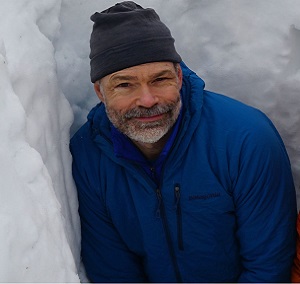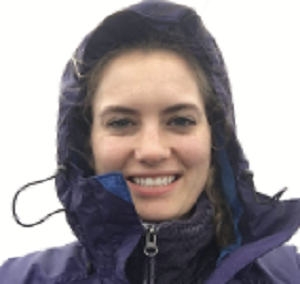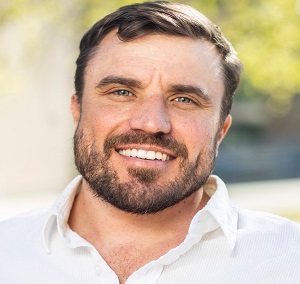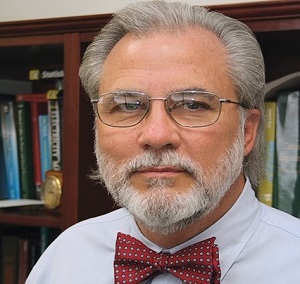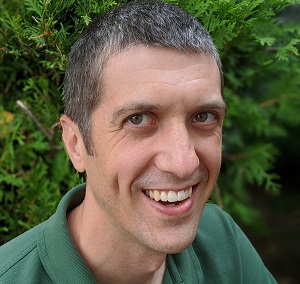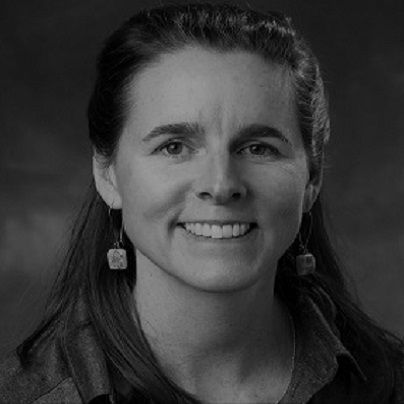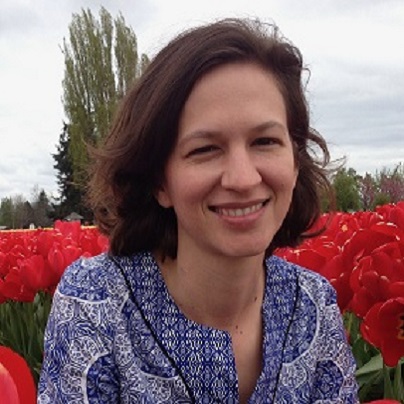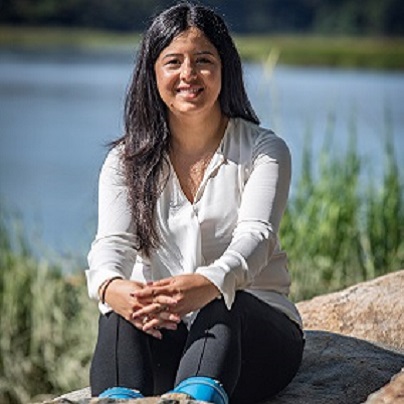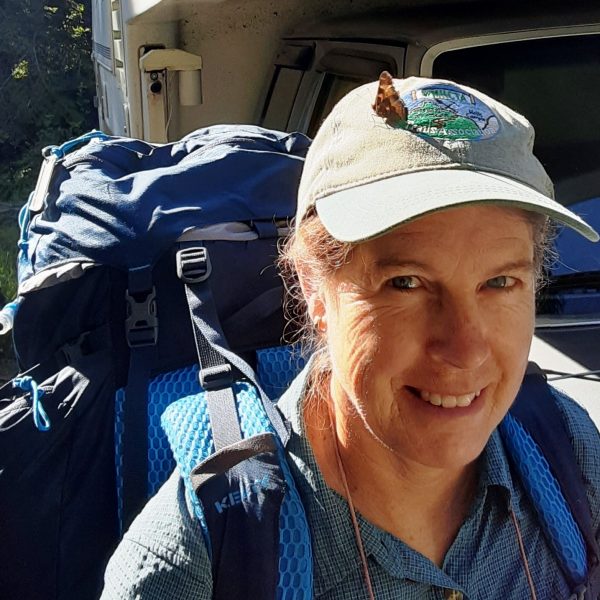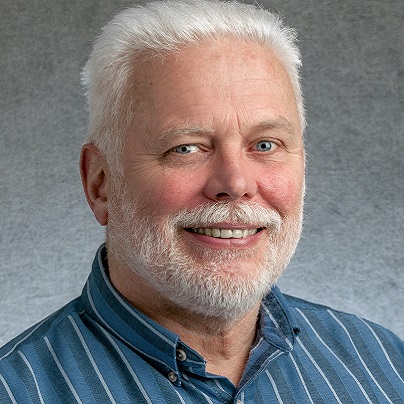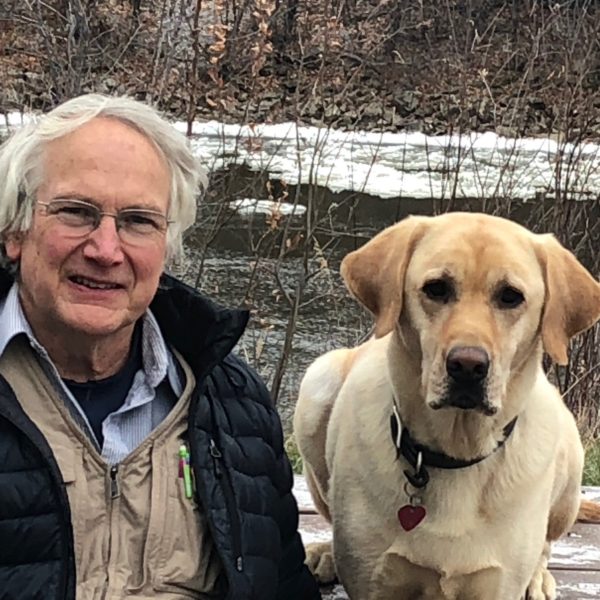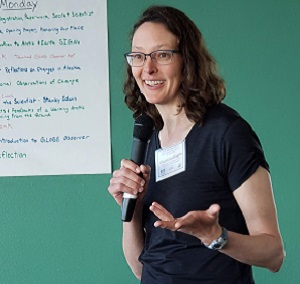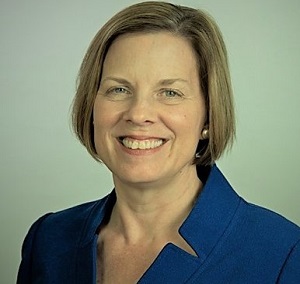
Foundations for Improving Resilience in the Energy Sector Against Wildfires on Alaskan Lands (FIREWALL) Workshop
September 15, 2021
8:00 AM — 5:00 PM (AKDT)
The video recordings of the Workshop Panels are provided in the Agenda table below.
About | Agenda | Discussion Panels| Organizing CommitteeThe FIREWALL Workshop
The FIREWALL workshop, a project supported by the National Science Foundation (NSF) Navigating the New Arctic (NNA) program, aims to enhance wildfire-response awareness in Alaska by facilitating a two-way dialogue among researchers, electric utilities, fire science consortiums, local communities, and related stakeholders to provide solutions for emergency preparedness, operational endurance, and enhanced resilience of the unique Alaska electricity grid to wildfires. The visions, insights, and developments shared at this 1-day workshop will help identify the research gaps and prioritize the future research directions and roadmaps to deploy advanced energy technologies for resilience against wildfires, while considering legal and regulatory requirements and local community needs. The workshop is organized in multiple panel discussion sessions, breakout sessions, and video presentations.
Back to TopAgenda
| 8:00-8:15 | Welcome Speech (Video Link) |
| 8:15-8:30 | Keynote Opening (Video Link) |
| 8:30-9:15 | Panel 1: Wildfire and Communities (Video Link) |
| 9:15-10:15 | Panel 2: National Roadmap to Wildfire Resilience (Video Link) |
| 10:15-10:45 | Break |
| 10:45-12:15 | Panel 3: Electric Industry Perspectives on Wildfires Resilience (Video Link) |
| 12:15-13:00 | Panel 4: Fire Science and Wildfire Resilience (Video Link) |
| 13:00-13:30 | Break |
| 13:30-14:45 | Panel 5: Research Directions for Wildfire Resilience Breakout Session 1 (Video Link) Breakout Session 2 (Video Link) Breakout Session 3 (Video Link) |
| 14:45-15:45 | Panel 6: State Perspectives on Wildfire Resilience (Video Link) |
| 15:45-16:45 | Panel 7: Wildfire Education, Communication, and Outreach (Video Link) |
| 16:45-16:55 | Media Display on Wildfires in Alaska |
| 16:55-17:00 | Workshop Adjourns |
Workshop Panels
Please click on the photos and you will see the speakers’ bios.
Welcome Speech (8:00-8:15 AKDT)
Keynote Opening (8:15-8:30 AKDT)
Panel 1: Wildfire and Communities (8:30-9:15 AKDT)
Moderator
Panelists
Panel 2: National Roadmap to Wildfire Resilience (9:15-10:15 AKDT)
Moderator
Panelists
Panel 3: Electric Industry Perspectives on Wildfire Resilience (10:45-12:15 AKDT)
Moderator
Panelists
Panel 4: Fire Science and Wildfire Resilience (12:15-13:00 AKDT)
Panelists
Panel 5: Research Directions for Wildfire Resilience (13:30-14:45 AKDT)
Moderator
Panelists
Moderator
Panelists
Moderator
Panelists
Panel 6: State Perspectives on Wildfire Resilience (14:45-15:45 AKDT)
Moderator
Panelists
Panel 7: Wildfire Education, Communication, and Outreach (15:45-16:45 AKDT)
Moderator
Panelists
Back to TopOrganizing Committee
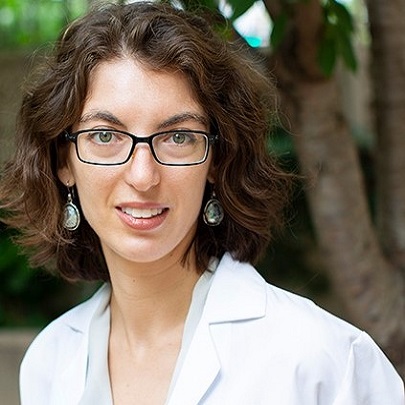
Hana Akselrod
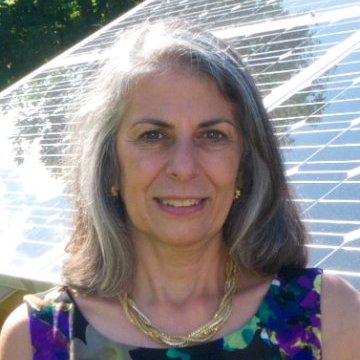
Donna Attanasio

Matthew Berman

Payman Dehghanian
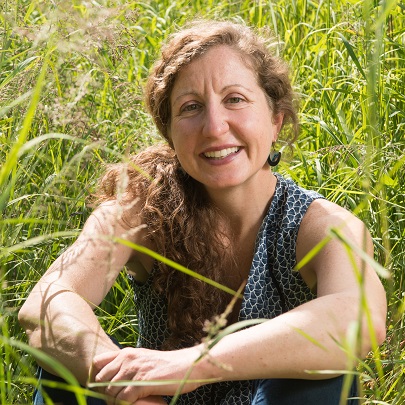
Micah Hahn

Mohammad Heidari
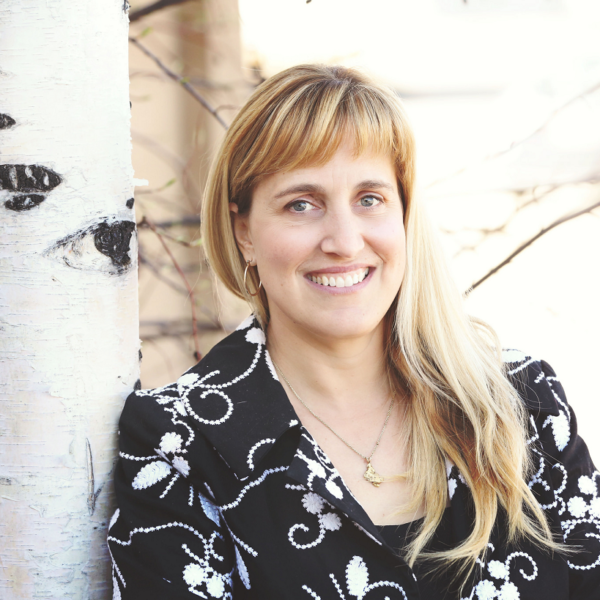
Gwen Holdmann

Miguel Lejeune
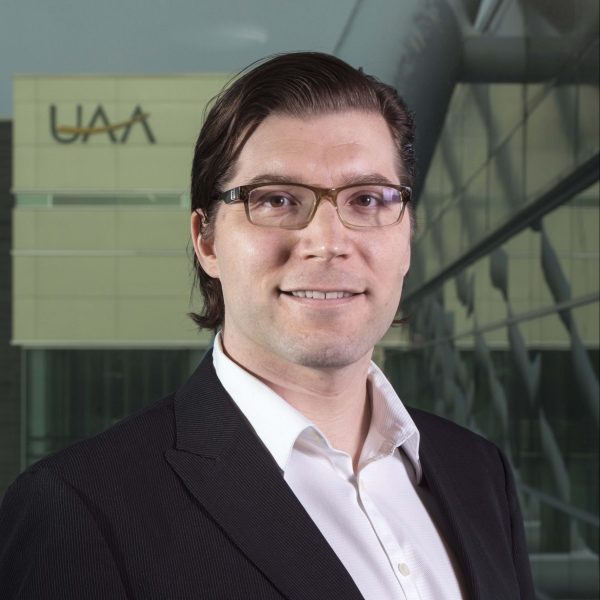
Sebastian Neumayer
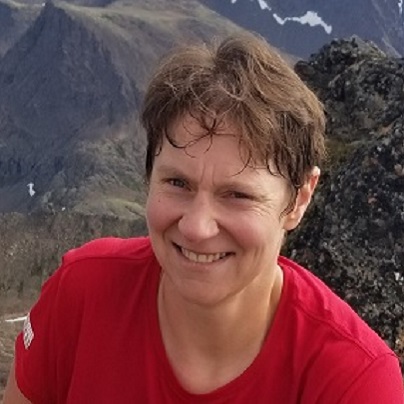
Jennifer Schmidt
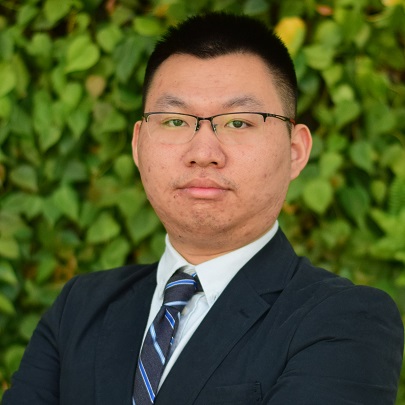
Jinshun Su
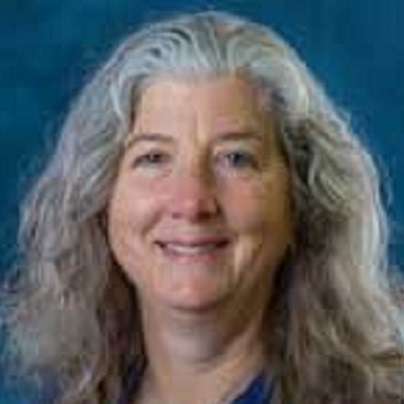
Allison York
Special Thanks To

National Science Foundation (NSF)
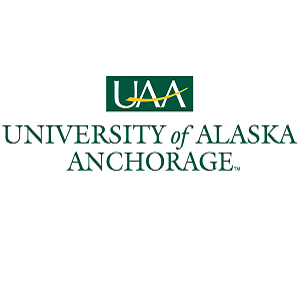
University of Alaska Anchorage (UAA)
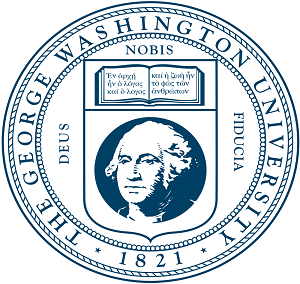
George Washington University (GWU)

Alaska Fire Science Consortium (AFSC)

Alaska Center for Energy and Power (ACEP)



